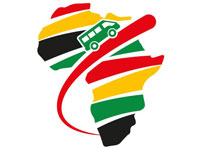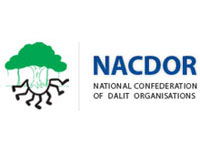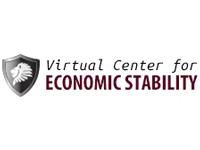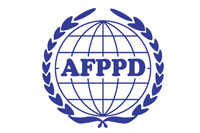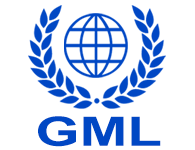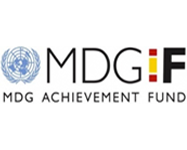6 February 2015, Abuja, Nigeria
With on-going efforts aimed at designing a successor development framework to the Millennium Development Goals (MDGs), the United Nations has tasked political and civic leaders in Nigeria on the early and effective implementation of the post MDGs framework.
Speaking with newsmen in Abuja, the visiting Director of the United Nations Millennium Campaign (UNMC), Mr. Mitchell Toomey urged governments at federal and state levels to begin to lay institutional and financial frameworks for the implementation of the post MDGs agenda expected in January 2016.
According to Mr. Toomey, “The post-2015 process provides countries including Nigeria, a golden opportunity to embark on people centred development planning which will ultimately lift millions out of poverty and inequalities as well as empower women and other vulnerable populations.”
He went further to state that “Nigeria has contributed immensely in ensuring that citizens’ voices are brought to bear in the development of the next agenda. Through the support of the Office of the Senior Special Assistant to the President on the MDGs, over 1.5 million Nigerians have participated in shaping the global development agenda. This is the largest in the world, constituting 22% of the total 7 million global citizens’ participation in the UN inspired MY World survey,” he further stated.
On the new development agenda, Mr. Toomey declared that “apart from continuing on the momentum and targets of the MDGs, the post-2015 agenda has taken on board other emerging development challenges that were not part of the MDGs such as inequalities, climate change, peace and security and other new sectoral challenges in health and education amongst others.
He commended Nigeria for the progress made in implementing the MDGs and urged that more political will, inter-governmental partnerships and investments would be needed to implement the emerging agenda which is also known as the sustainable development goals (SDGs). Mr. Toomey stated that “as a leader in Africa, Nigeria needs to show best practices in terms of localization of the new goals, governance and accountable institutions, citizens’ engagement and social investments”.
For more information, please contact:
Hilary Ogbonna
United Nations Millennium Campaign
+2347060602556; hilary.ogbonna@one.un.org





